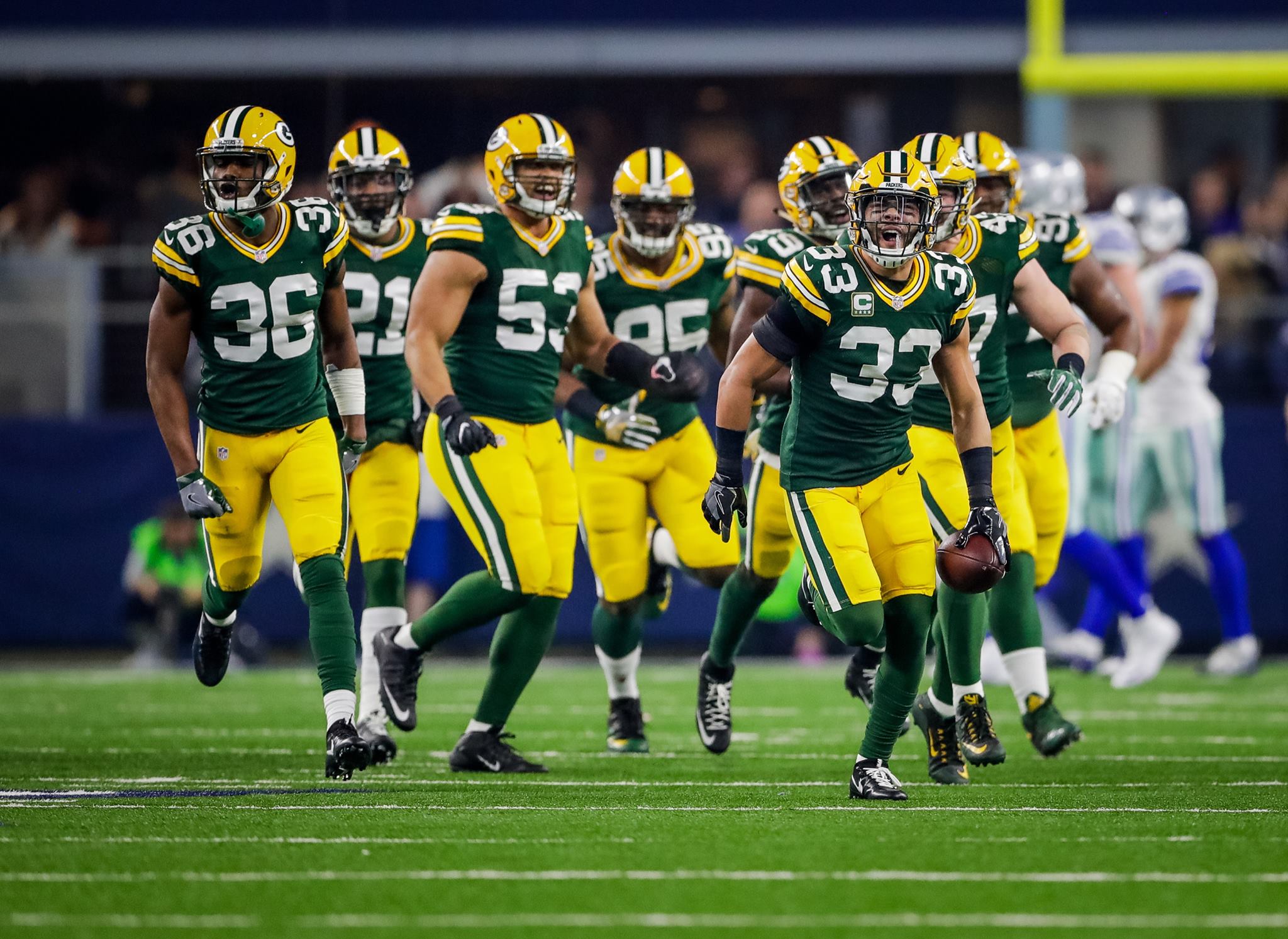Hitting the Wall? Three Tips for Making It Over
This summer I posted a New York Times article to LinkedIn. It touched me deeply -- and, based on the views, thousands more as well.
Titled “The Lawyer, The Addict,” it tells the story of Peter, a Silicon Valley lawyer struggling with the intensity of working in a highly competitive field while living in a highly competitive region. Sadly, he lost his life to the disease of addiction. Sprinkled among the heartbreaking moments (and there are many) are the inspiring stories of people who were able to recover. It’s an important story, one I hope you’ll read.
As I read the article, two thoughts came to mind:
His resiliency
His secrecy
To which I can say, “Me, too.”
A third thought as I read Peter’s story: “He’s hitting the wall. And he’s not getting over it.”
Three things helped me get over my wall, returning me to a grounded, integrated state where I felt “in the flow” of life again. I hope these three may be helpful to you, too:
I let go.
I got honest.
I connected with something bigger.
Let Go
Letting go is so important it’s one of the Six Essentials to GSD, my program for helping people get (and stay) in action for transformative change. It’s also one of the hardest things to grasp. Typically, the thing we’re holding onto is in the past or it’s a negative forecast about something in the future. The result? We’re not in the present moment -- and we’re less likely to make an optimal decision.
In a recent blog post I highlighted several techniques for letting go. One, remember that whatever you don’t let go will drag you -- so have some fun with it. Ask yourself, “Do I really feel like having this drag me back and forth across the parking lot today?” Another technique: Remember that every situation does not require your immediate response. (I was shocked to learn this. ☺ )
Get Honest
I remember sitting in a colleague’s office years ago. I don’t recall the nature of the conversation, but I do recall something she said. At some point I clearly did not want to share something, and my energy shifted. My colleague simply said, “There it is -- there’s your wall.”
During one of my early attempts at getting sober someone asked me, “Are you interested -- or are you committed?” The truth is I was interested at times in making a change, but I wasn’t committed. I couldn’t be honest with the person asking me the question -- and I couldn’t be honest with myself. That’s when the wall came back up.
Until I got rigorously honest, transformative change was impossible. As frightening at times as it was, I also learned that when I got honest I started hearing, “me, too.” And when I started hearing those two words I started connecting, and those connections became critical to my recovery.
I also love the question “Are you interested -- or are you committed?” for organizations focused on transformative change. We’ve all been in meetings when we’ve looked around and thought, “Is that person committed?” Next time you’re in that situation, ask that question. Others will be glad you did.
Connect with Something Bigger
In many instances hitting the wall results in feeling incredibly alone and isolated. “Why did this happen to me?” or “No one else is going through what I’m going through.” In those instances we withdraw, and we become “apart from.”
Whether you’re making a commitment to change the trajectory of your life or your business, it takes courage to make the plunge and become “a part of.” That’s where community comes in, because we heal in community. And a community can be the first “something bigger” thing you connect with.
That “something bigger” can also be ideal-based, rooted in spirituality, or connected to service. For me, it’s a combination of all those things. I also do my best each day to laugh more, give more, and love more.
Whether you’re hitting the wall -- or simply facing a situation that’s impacting your ability to GSD -- I hope you’ll try the above three techniques. As you put them to work, keep in mind two things. The first, and most important, is to remember that you are not alone. Second, remember that healing -- and growth -- take time. Be gentle with yourself. And be open to the possibility that things will turn out well.
As always, thanks for checking out my blog. I hope you found this helpful, and I’d love to hear from you! You can email me at ben@thebenkikergroup.com, or connect with me via Twitter or LinkedIn.

